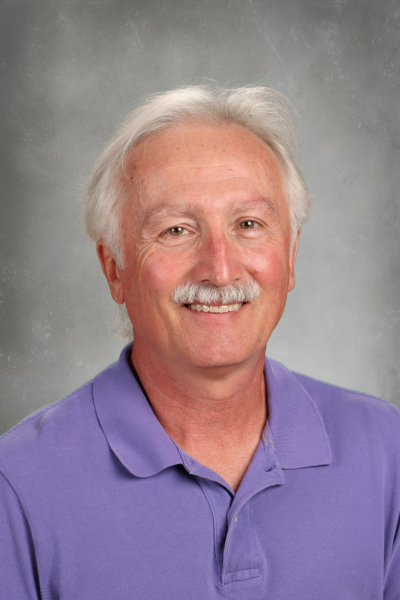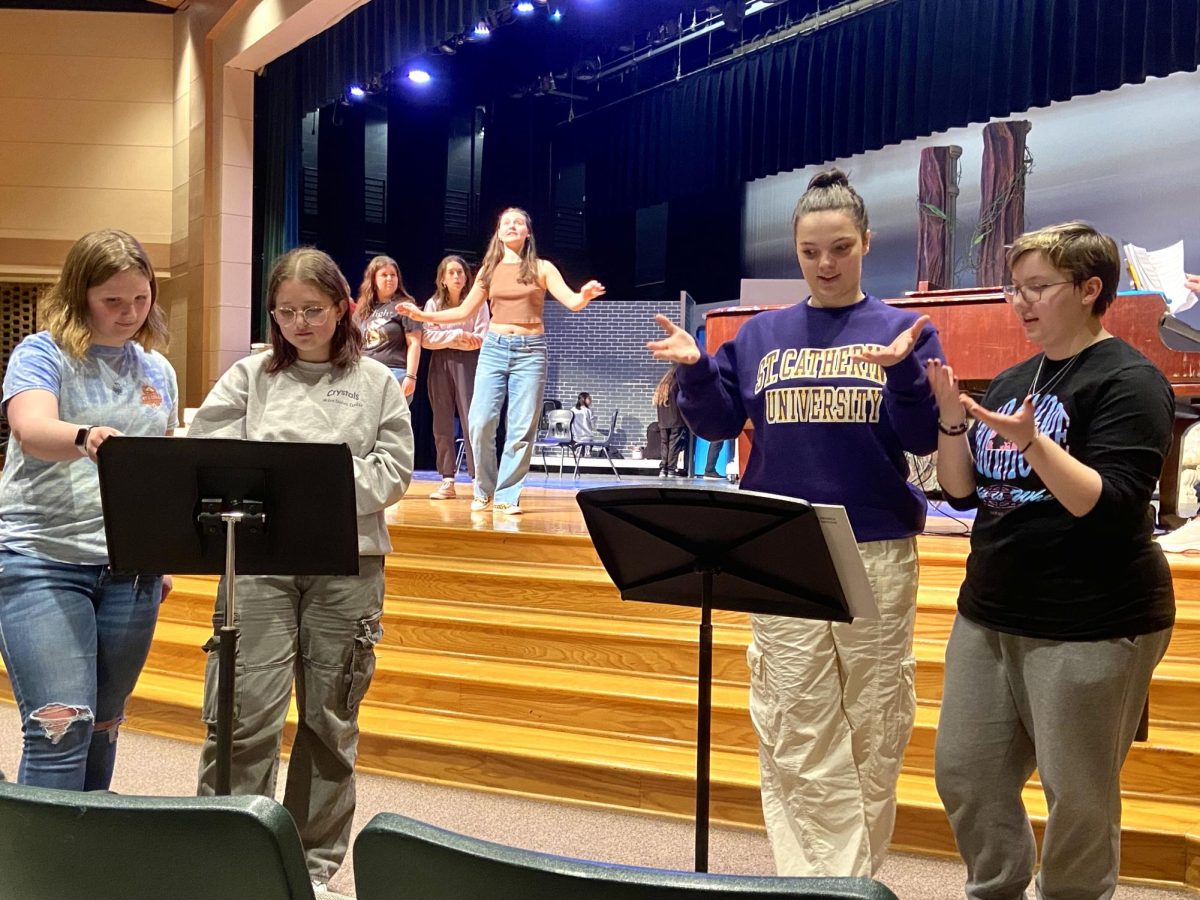
Community service and volunteering are some of the core values in many clubs at Mounds View. Yet, this year, sophomore Audrey Stenzel and junior Sofie Olhoft plan to bring...
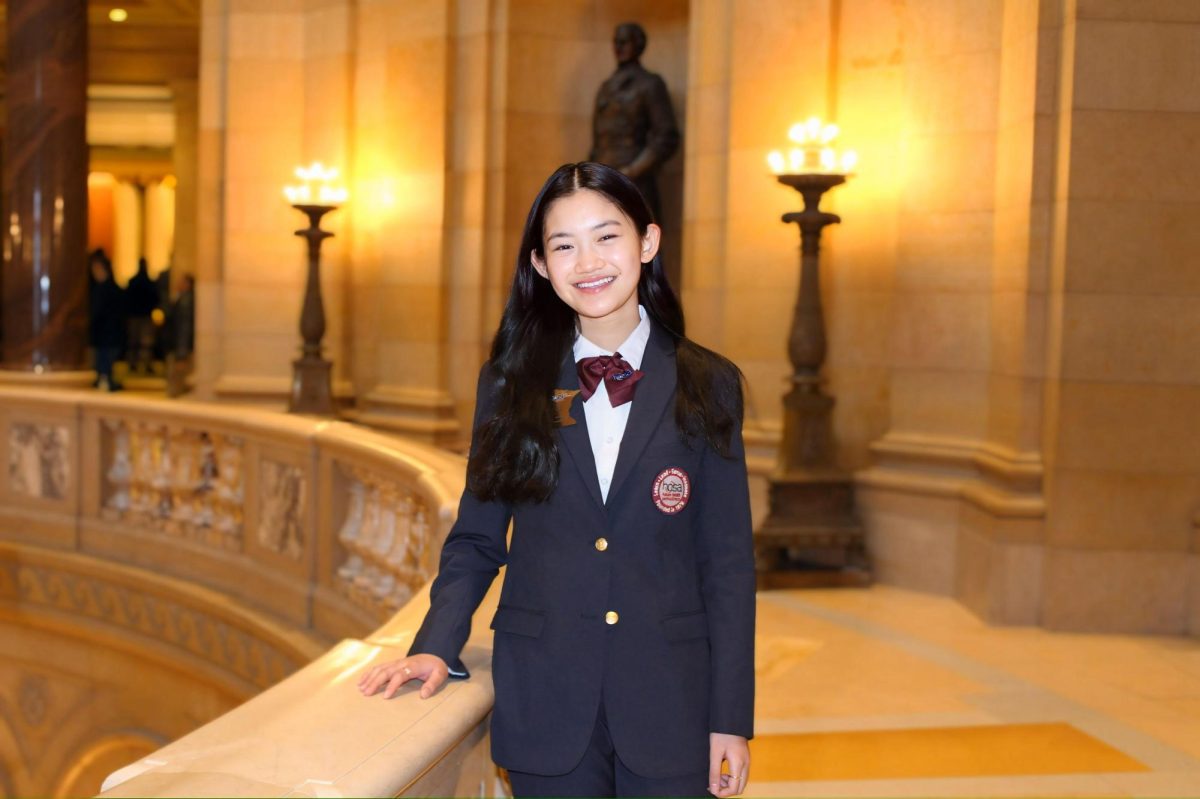
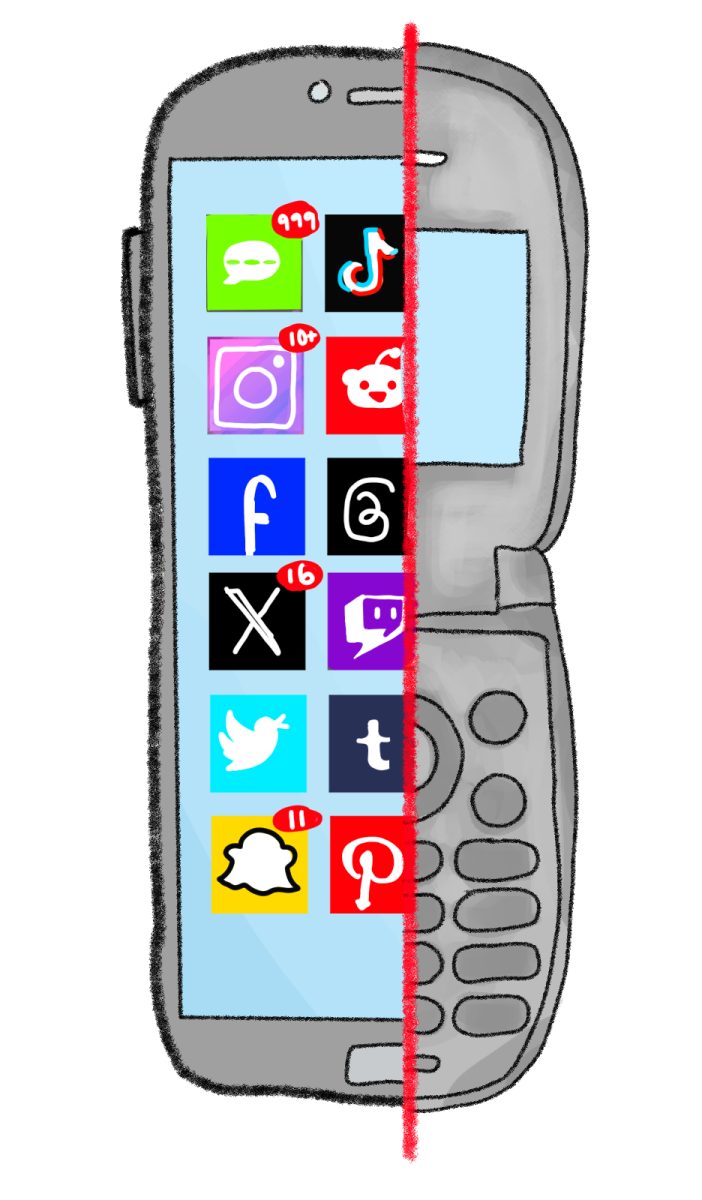

Under the new administration, the topic of immigration has become a heated debate. Trump has issued multiple executive orders which aim to reduce immigration and deport those...




On April 8, junior Ivy Lee stepped into the role of Minnesota HOSA president for the 2025-26 school year. As president-elect this year, Lee worked...

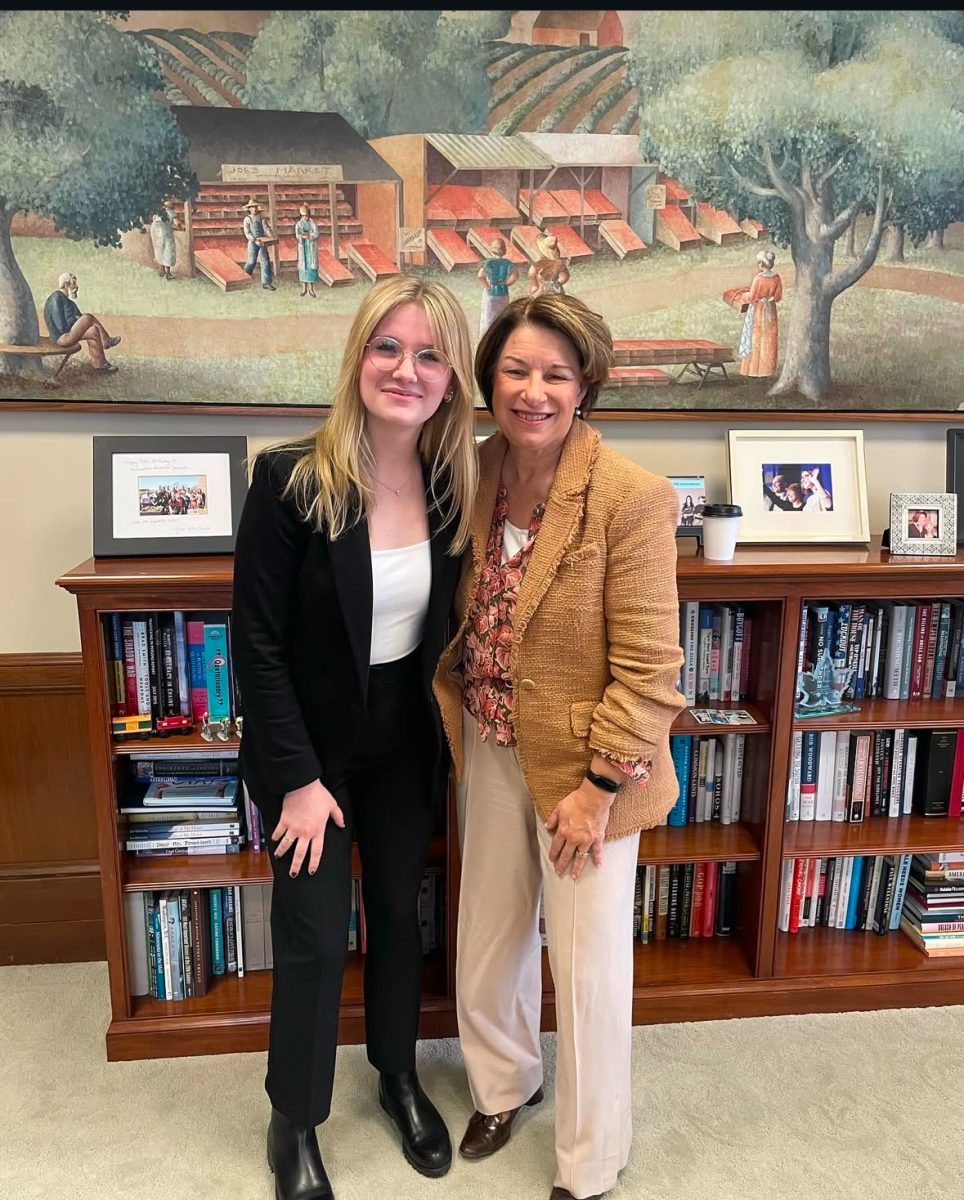
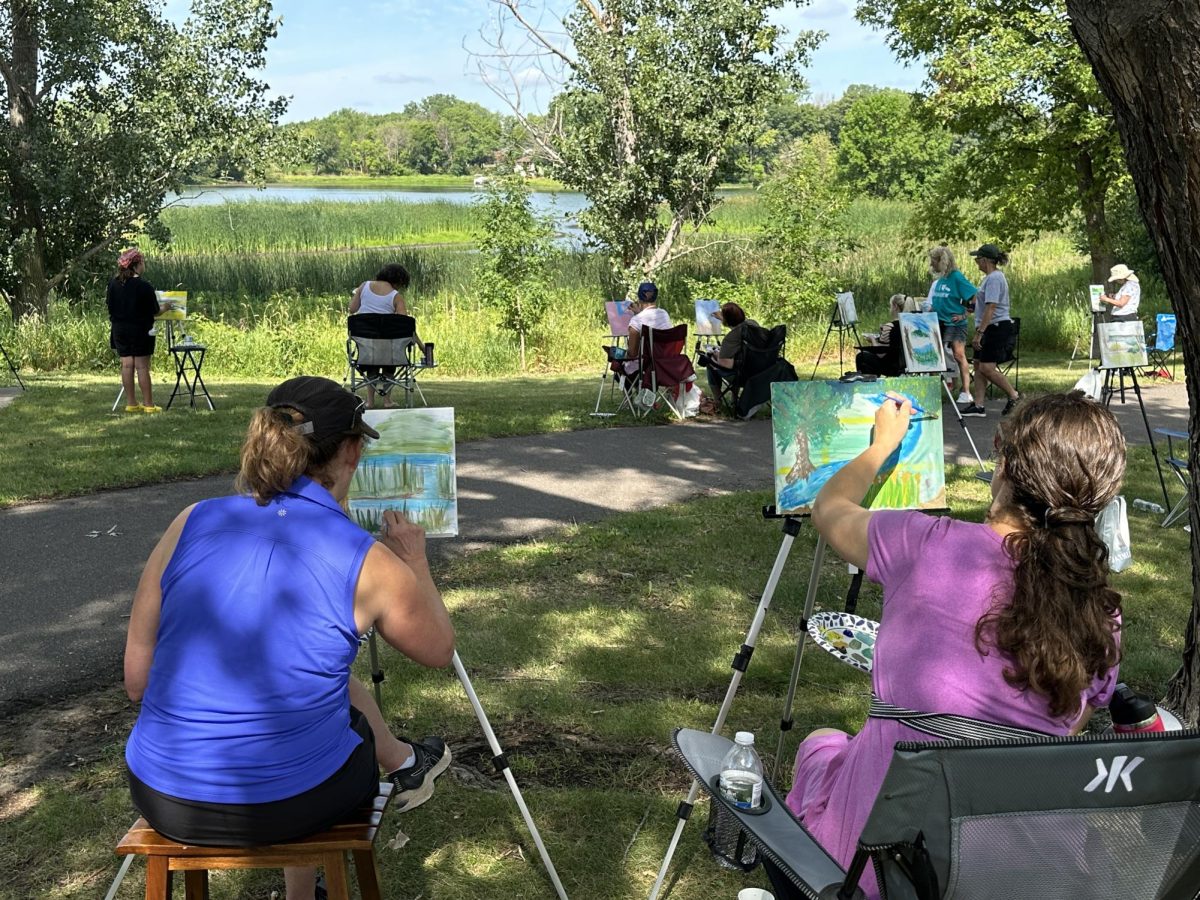

This spring, Mounds View High School joined the first Minnesota high school girls flag football league after being recruited by the Rosemount High School football coach. The...




With the internet being such a huge place, pretty much anyone can find a space for themselves on the web. According to Statista, around 66%...



Bong Joon Ho’s new comedy sci-fi feature “Mickey 17,” based on the 2022 novel “Mickey7” by Edward Ashton, leaves viewers filled with laughter, confusion and disturbed...






 Arts & Entertainment
Arts & EntertainmentApril 30, 2025
Gabi Skiba, Staff Reporter, and Alivia Yang Arts & Entertainment
Arts & EntertainmentApril 28, 2025
Grayson Then, Staff Reporter
This poll has ended.
Are you excited for the end of the school year?
Sorry, there was an error loading this poll.















Mounds View High School to adopt Food to Hog program next school year.
Mounds View Girls Basketball dominates Roseville, ending 74-42.
View this profile on InstagramThe Viewer (@mvviewer) • Instagram photos and videos








![[DEBATES] Prestigious colleges: value or hype?](https://www.mvviewer.org/wp-content/uploads/2024/12/buildings-1200x654.png)
















![[OPINION] The dark origins of TikTok's looksmaxxing trend](https://www.mvviewer.org/wp-content/uploads/2024/02/Copy-of-Copy-of-Untitled-Design-1200x675.png)









